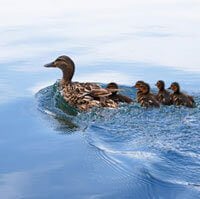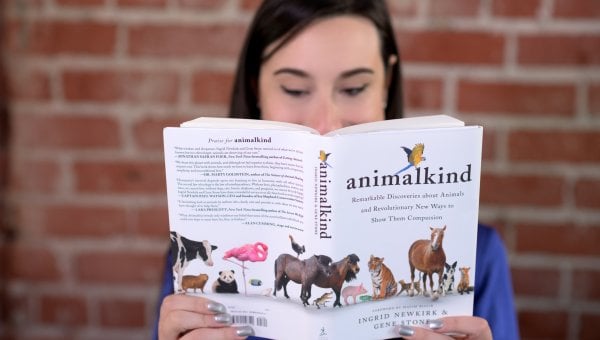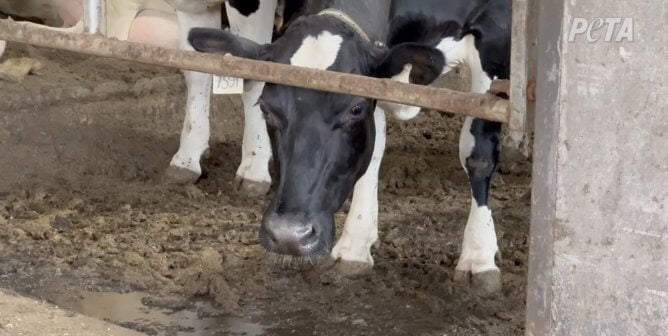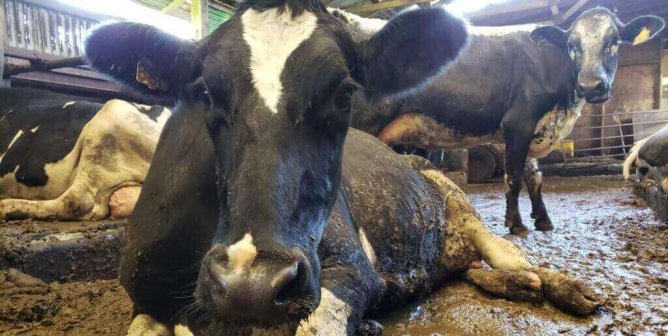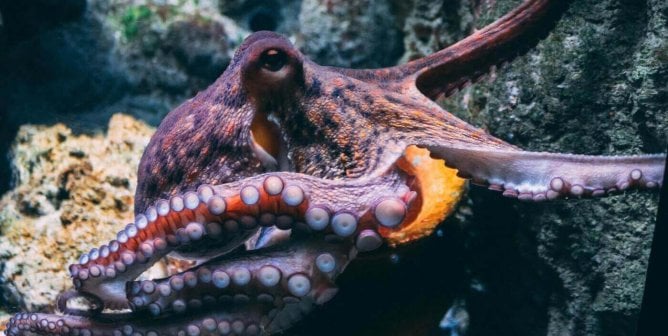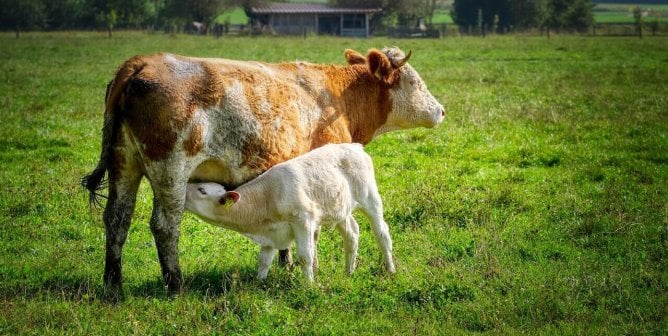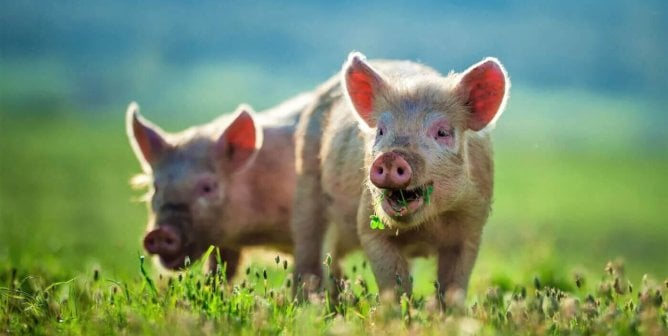The Hidden Lives of Ducks and Geese
Mighty Ducks
Ducks are outgoing, social animals who feel most at ease when they’re in large groups, which are called “paddlings” when on water. They spend their days looking for food in the grass or in shallow water, and they sleep with their paddling-mates at night. They’re meticulously clean animals who keep their nests free of waste and debris, and they enjoy preening their feathers and flaunting their beautiful plumage for potential partner. In nature, they live for up to 10 years.
Skilled swimmers and fliers, they can travel hundreds of miles each year during their migrations. Like geese, they fly in formation for protection and to reduce air resistance, and they can travel at speeds of up to 60 miles per hour!
Duck Talk
Ducks use vocalizations and body language to communicate. Researchers at Middlesex University London in Britain reported that ducks even have regional accents, just like humans do. The scientists found that city ducks have more of a “shouting” quack so that other birds can hear them above the hustle and bustle, while country ducks have softer voices.
Geese: A Lesson in Family Values
Geese are very loyal. They partner for life and are protective of their partners and offspring. They’ll often refuse to leave the side of a sick or injured partner or chick, even if winter is approaching and the other geese in the group are flying south. When a goose’s partner dies, that bird will mourn in seclusion—and some geese spend the rest of their lives as widows or widowers, refusing to partner again. This enduring bond was evident in a series of photos that went viral, in which a male goose in China was seen giving his mate a “kiss” goodbye as she was being loaded onto a motorcycle to be taken to slaughter. Read more inspiring stories and learn more fascinating facts about animals like geese in the bestselling book Animalkind.
Geese enjoy preening their feathers, foraging for food in the grass, and collecting twigs, bark, and leaves to make “home improvements” to their nests. They lay eggs once a year in the spring, and females incubate them for 30 days while their partner guard their well-concealed homes. Some birds like to use the same nest each year if possible.
A Lesson in Teamwork
Multiple families of geese come together to form a larger group called a gaggle, in which birds look out for each other. There are usually one or two “sentries” who keep watch for predators while the others feed. The gaggle members rotate sentry duty, like sailors standing watch on a ship. Observers have noted that healthy geese sometimes look after injured comrades and that injured birds will stick together to protect each other from predators and to help each other find food.
Geese are adept fliers who may travel thousands of miles during their yearly migrations. Flocks fly in a characteristic “V” formation so that the geese in front reduce the air resistance for those behind them, which helps the birds fly about 70 percent farther as a group than they could on their own. They rotate from the front to the back when they get tired, and those in the rear honk their encouragement to the leaders. Geese have long memories, and they use familiar landmarks and the stars to navigate during their annual journeys.
Ducks and geese can feel pain and emotions just like our dogs and cats, and just like humans. They deserve the same freedom from cruelty that the animals we love in our homes deserve. The best way to protect ducks and geese is to not buy down, foie gras, or duck or goose meat.

